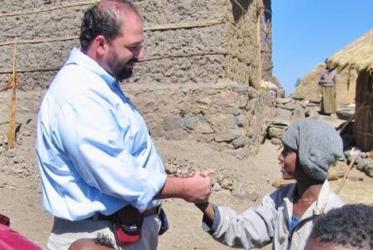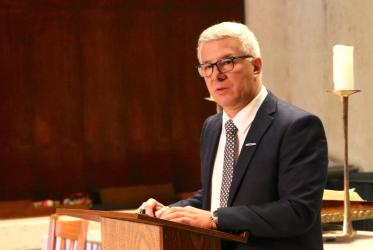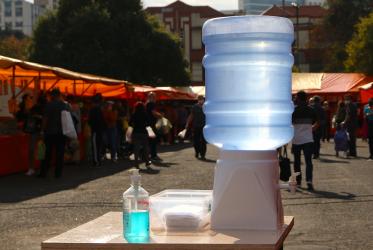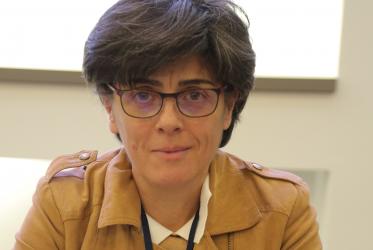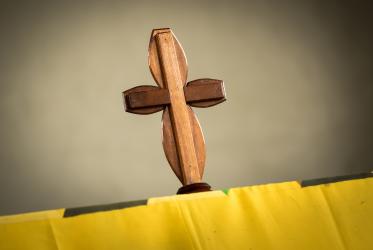Displaying 141 - 160 of 483
Christian Aid CEO: “There is power in a praying community”
28 September 2020
Hope prevails in times of crisis in Lebanon
14 September 2020
WCC sends condolences in wake of explosion in Lebanon
05 August 2020


